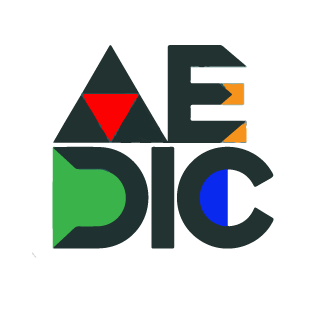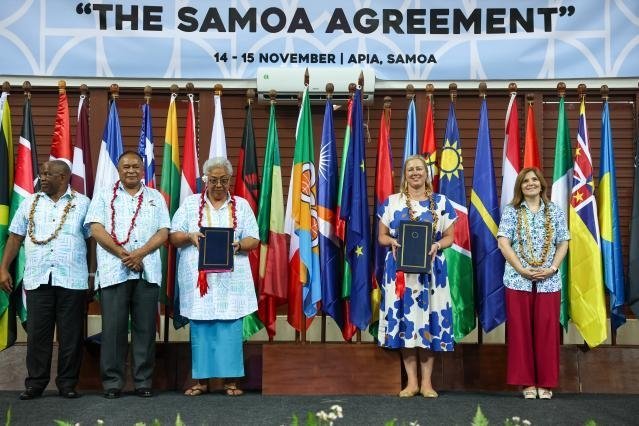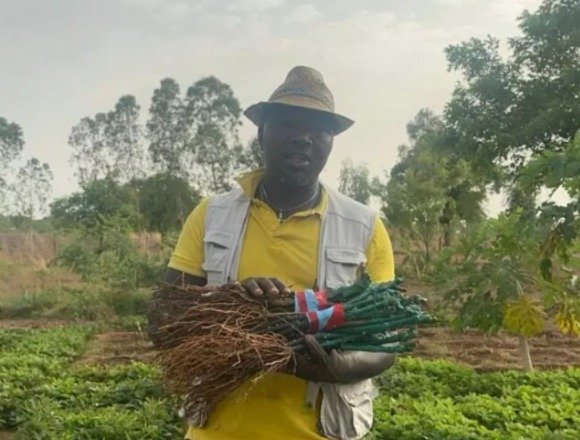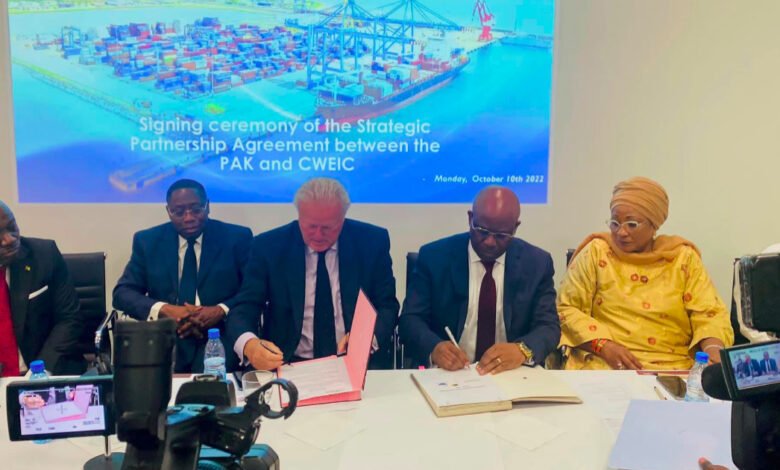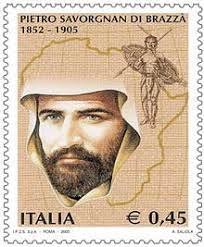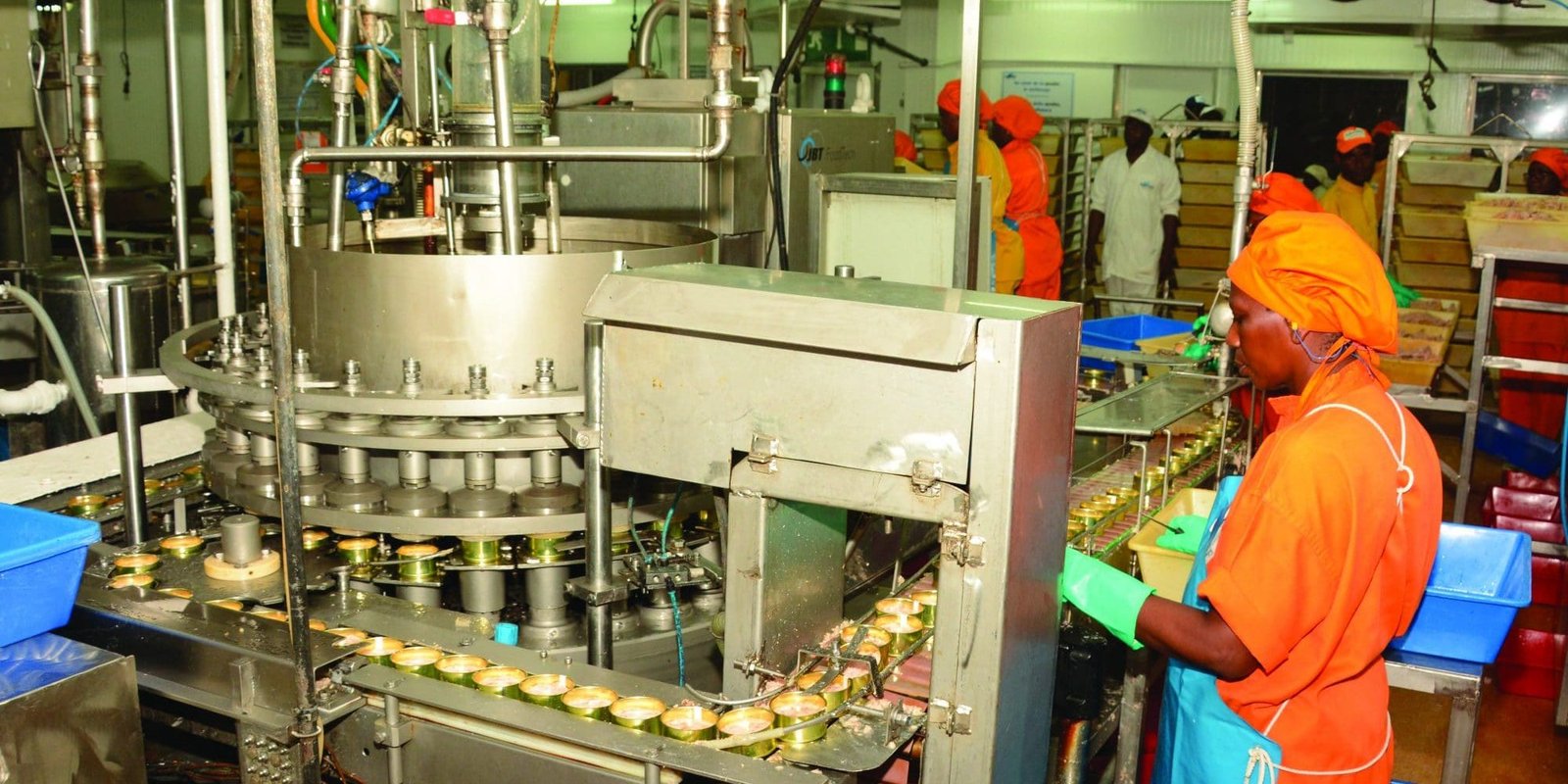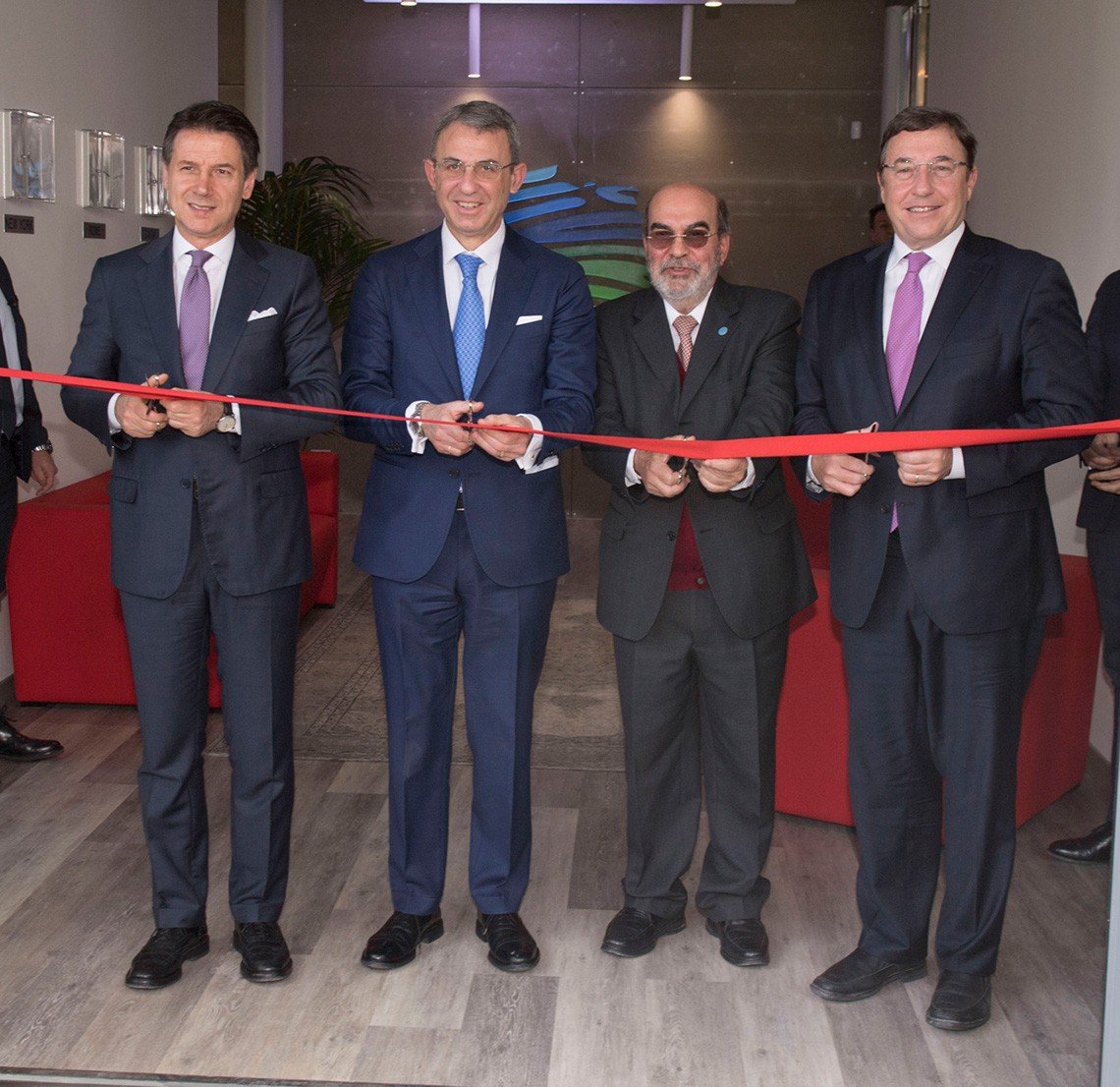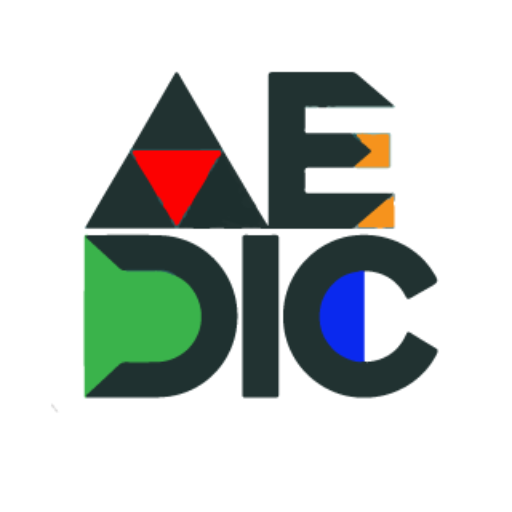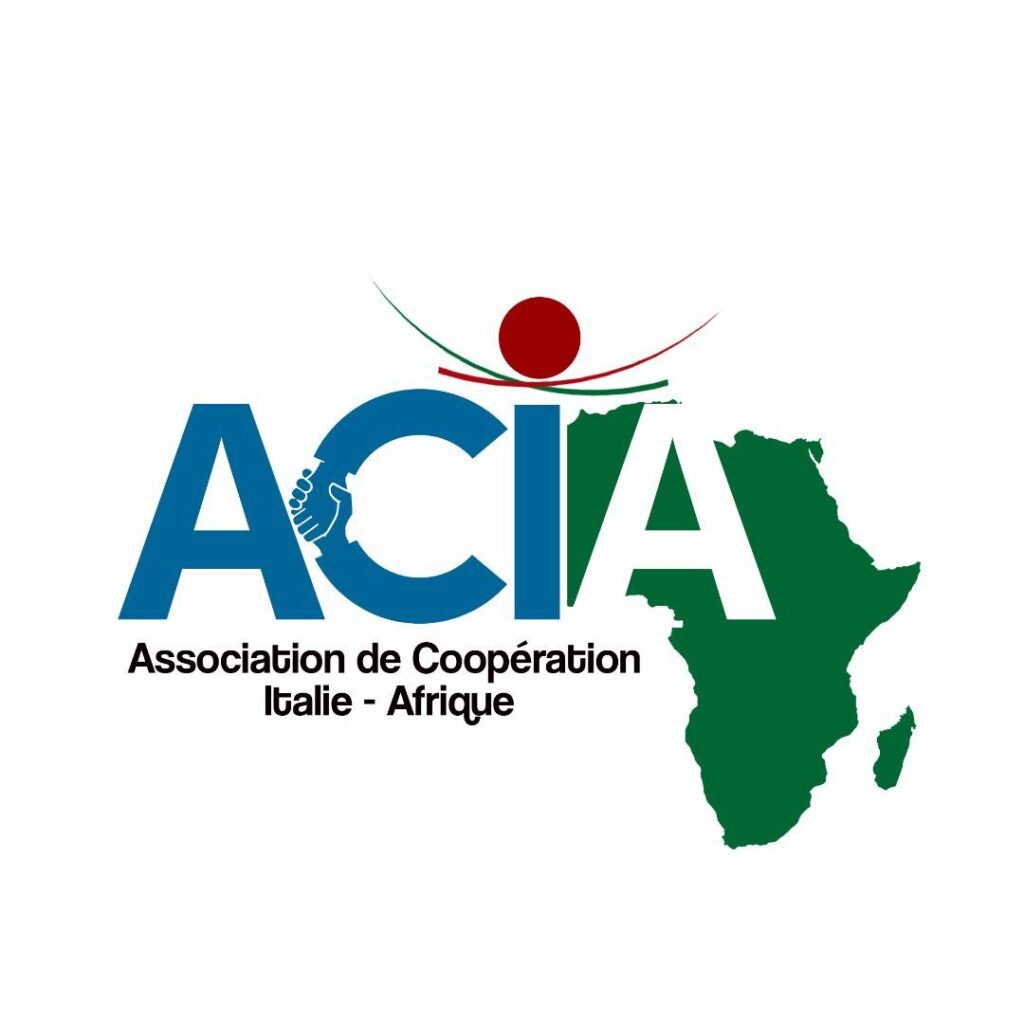Based on the observation of hundreds of SME cases, a number of characteristics were found that make smaller companies particularly strong and resilient. These lines of action (ten in all) are recurrently found in companies that are able to overcome market difficulties well.
The Samoa Agreement: The New Era of Relations between the EU and the ACP Countries
Historical Background of the Post-Cotonou Agreement The Post-Cotonou Agreement, signed in 2000, was a milestone in relations between the European Union (EU) and the African, Caribbean and Pacific (ACP) countries. This agreement followed in the footsteps of the Cotonou Agreement, which in turn was based on ...
